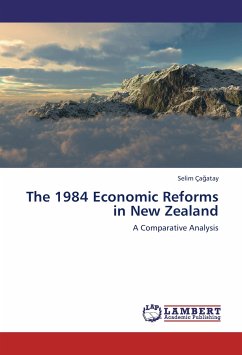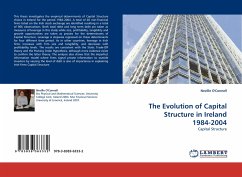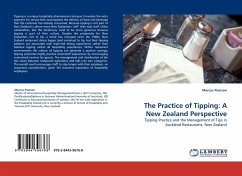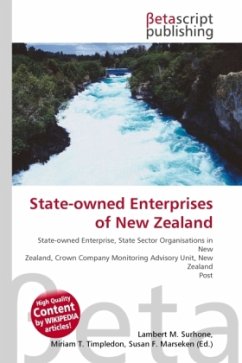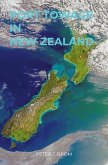Beginning in the mid-1980s New Zealand underwent a comprehensive set of economic reforms, which were remarkable for their breadth and sequencing. However, the short-term adjustment costs of the policy changes in terms of the decrease in output and employment levels were higher than anticipated. There was also a delay in the macroeconomic improvement. This book, by basing on the background theories of alternative strategies of policy sequencing, focuses on counter factual policy scenarios to assess the impact of alternative policy sequencing. The book begins with a description of the economic structure of New Zealand in the pre- reform period, including the economic performance and the reasons behind the general deterioration in economic performance besides a summary of the economic reforms and outcomes as well. The book covers a large literature review on disputes and empirical studies of the sequencing of reforms and on empirical approaches that are used to estimate the real exchange rate. The book aims at shedding light on alternative theories of policy sequencing and timing and reaching particularly policy makers and advisors.
Bitte wählen Sie Ihr Anliegen aus.
Rechnungen
Retourenschein anfordern
Bestellstatus
Storno

